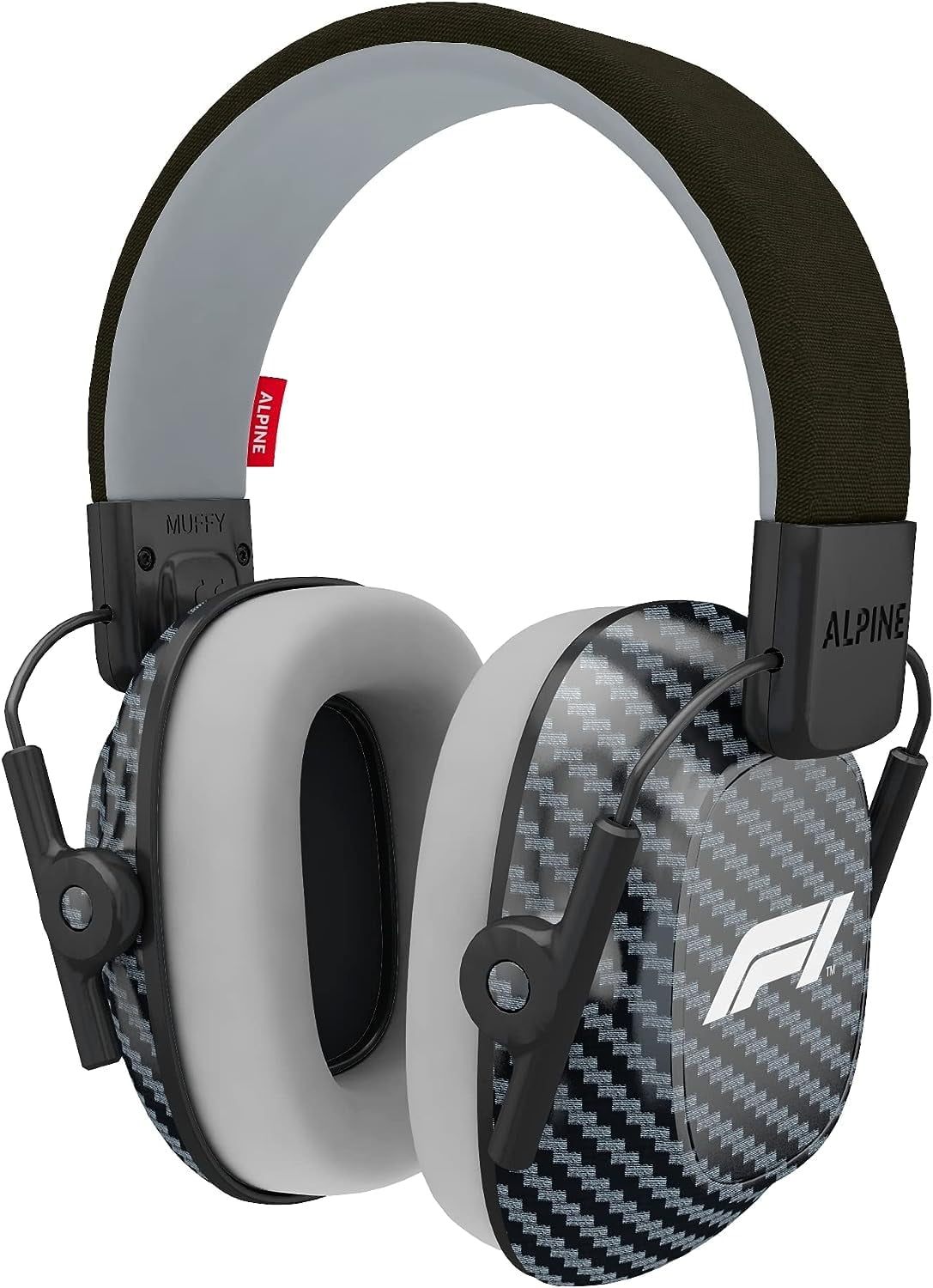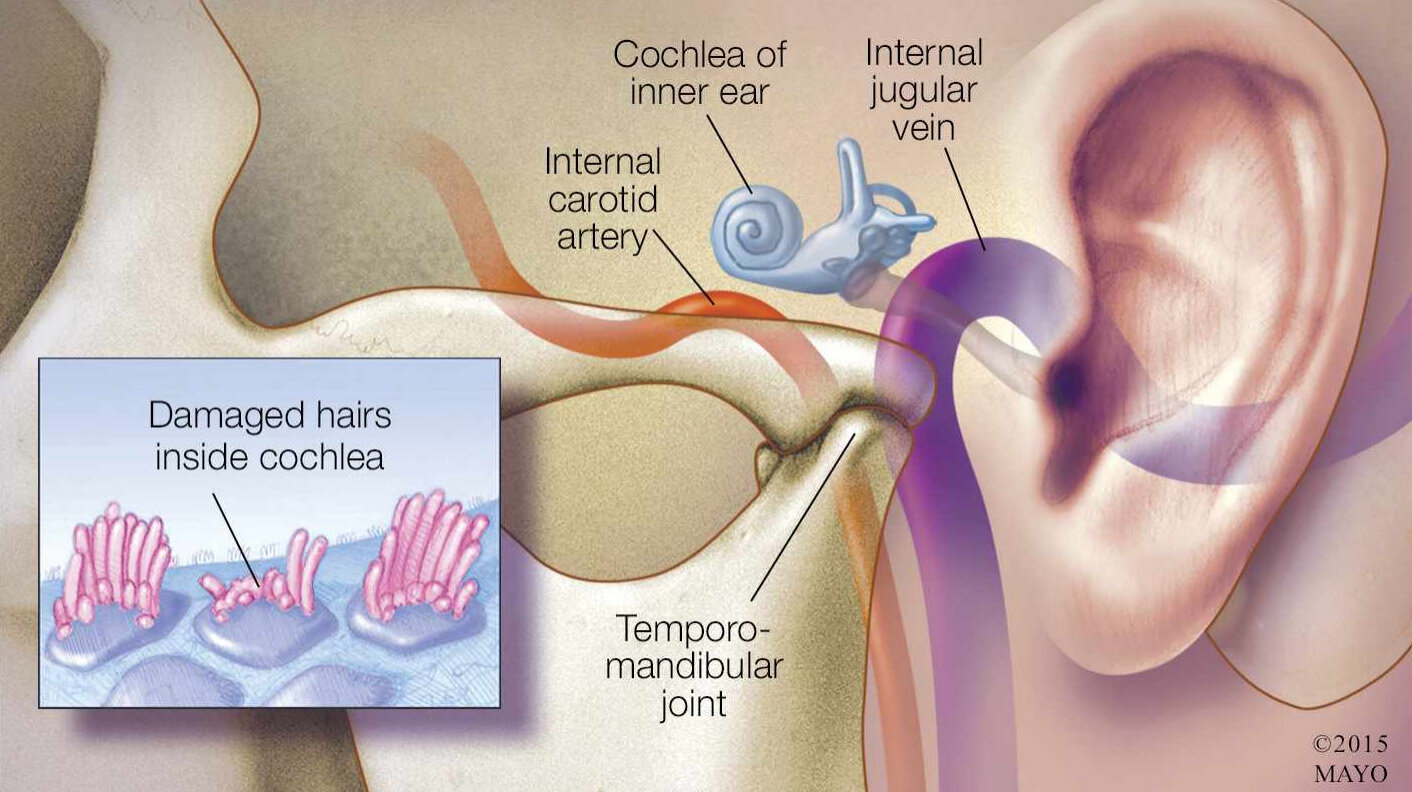Attending a live concert is an electrifying experience that can leave you buzzing with excitement. However, for many concert-goers, the aftermath of intense sound levels can result in a frustrating and persistent problem – ringing in the ears, also known as tinnitus. This discomforting ringing or buzzing sensation can dampen the post-concert euphoria and sometimes even lead to long-term hearing issues. In this blog, we will explore effective strategies and techniques on how to stop ringing in the ears after a concert. By implementing simple yet crucial steps, you can silence the sound and protect your precious hearing, ensuring that your concert memories remain pleasant and untainted by unwanted ear discomfort.
Understanding Tinnitus: The Ringing in Your Ears
After attending a loud concert, experiencing ringing in the ears is not uncommon. This sensation, known as tinnitus, can manifest as ringing, buzzing, hissing, or other sounds in the absence of external noise. Tinnitus after a concert is often temporary, but repeated exposure can lead to long-term issues. Understanding the causes and potential remedies for tinnitus can help in managing and preventing it.
The Impact of Loud Noise
Repeated exposure to loud noises, such as those at concerts, can damage the sensitive hair cells in the inner ear, leading to tinnitus. Protecting your ears during events with earplugs can help prevent tinnitus.
Effective Ways to Manage Tinnitus
1. Rest your ears: Give your ears time to recover after exposure to loud noise.
2. Avoid silence: Background noise can help distract from the ringing.
3. Healthy lifestyle: Factors like stress and lack of sleep can worsen tinnitus.

Causes of Ringing in the Ears After a Concert
Experiencing ringing in the ears after a concert, also known as tinnitus, can be attributed to a few common causes. The primary reason is exposure to loud noise levels during the event, leading to temporary damage to the sensitive hair cells in the inner ear.
High Sound Levels
Concert venues often have extremely high sound levels, well above the safe threshold for human ears. Prolonged exposure to such loud music can result in ringing in the ears after the concert. This can affect hearing and cause discomfort.
Duration of Exposure
The longer you are exposed to loud noises at a concert, the higher the risk of developing tinnitus. This prolonged exposure can lead to temporary or even permanent damage to your auditory system.
Prevention Tips Before Attending a Concert
Attending concerts can be exhilarating, but it’s essential to safeguard your hearing to prevent the ringing in your ears after the event. Here are some tips to protect your ears before the concert:
1. Use Earplugs
Prior to heading to the concert venue, consider investing in high-fidelity earplugs. These earplugs reduce noise levels while preserving sound quality, allowing you to enjoy the music without risking hearing damage. Protect your hearing while still experiencing crystal-clear music.
2. Stay Hydrated
Before the concert, ensure you are well-hydrated as proper hydration can help reduce the risk of tinnitus or ringing in the ears. Remember to drink water regularly to maintain optimal hydration levels throughout the event.
Immediate Steps to Take After Experiencing Tinnitus
Experiencing tinnitus after a concert can be unsettling, but there are immediate steps you can take to alleviate the ringing in your ears:
1. Move to a Quiet Environment
Upon noticing tinnitus, move away from loud noises and into a quiet space to give your ears a rest.
2. Use White Noise or Soft Music
To distract yourself from the ringing, consider playing white noise or soft music in the background.
Home Remedies to Stop Ringing in the Ears
Experiencing ringing in the ears after a concert can be distressing. Here are some effective home remedies to alleviate this condition and restore your hearing equilibrium:
1. Maintain a Quiet Environment
Rest your ears by staying away from loud noises or using earplugs to reduce further damage. Turning down the volume on devices can also aid in the healing process.
2. Warm Compress
Apply a warm compress around your neck and ears to improve blood circulation. This can help reduce the ringing sensation.
3. Stay Hydrated
Drinking plenty of water can help in balancing fluids in the ear, which might alleviate the ringing. Dehydration can worsen the symptoms.
Consulting a Healthcare Professional for Persistent Tinnitus
When experiencing persistent tinnitus after a concert, it’s crucial to consult a healthcare professional for proper evaluation and management. Tinnitus, characterized by ringing or buzzing in the ears, can be a sign of underlying issues that need medical attention.
Importance of Medical Evaluation
Seeking guidance from an audiologist or ENT specialist is essential to determine the cause and severity of tinnitus. A thorough examination can help in identifying any potential hearing loss or other medical conditions.
Healthcare providers may recommend hearing tests and imaging studies to assess the extent of the issue.
Treatment Options
Based on the evaluation results, healthcare professionals can suggest treatment plans tailored to individual needs.
- Hearing aids may be recommended for individuals with hearing loss associated with tinnitus.
- Sound therapy and counseling can help manage and reduce tinnitus symptoms.
- Medications or relaxation techniques may be prescribed to alleviate tinnitus-related distress.

Frequently Asked Questions
- What causes ringing in the ears after a concert?
- Ringing in the ears after a concert is often caused by exposure to loud noises at the event, which can result in temporary hearing damage known as tinnitus.
- How long does the ringing in the ears typically last after a concert?
- The ringing in the ears after a concert can vary in duration, but it is usually temporary and may last a few hours to a few days. If it persists, it’s essential to seek medical attention.
- What are some ways to stop the ringing in the ears after a concert?
- To stop the ringing in the ears after a concert, you can try techniques like resting in a quiet environment, using earplugs during future events, staying hydrated, and avoiding further exposure to loud noises.
- When should I see a doctor for ringing in the ears after a concert?
- If the ringing in your ears persists for more than a few days after a concert, or if you experience pain, dizziness, or hearing loss along with the ringing, it is recommended to see a doctor for a proper evaluation and treatment.
- Are there any preventive measures to avoid ringing in the ears after a concert?
- Yes, there are several preventive measures you can take to avoid ringing in the ears after a concert. These include using ear protection, maintaining a safe distance from speakers, taking breaks from loud noise exposure, and reducing overall noise levels.
Final Thoughts: Finding Relief from Ringing in the Ears
Experiencing ringing in the ears after a concert can be a troubling sensation, but there are effective ways to alleviate this common issue. By taking proactive steps to protect your hearing during loud events, such as using earplugs or taking breaks in quieter areas, you can minimize the risk of developing tinnitus. Additionally, incorporating relaxation techniques like deep breathing or listening to soft music post-concert can help soothe your ears and promote healing. Remember, prevention is key, so always prioritize your hearing health to enjoy concerts and events for years to come without the persistent ringing. Your ears will thank you!
